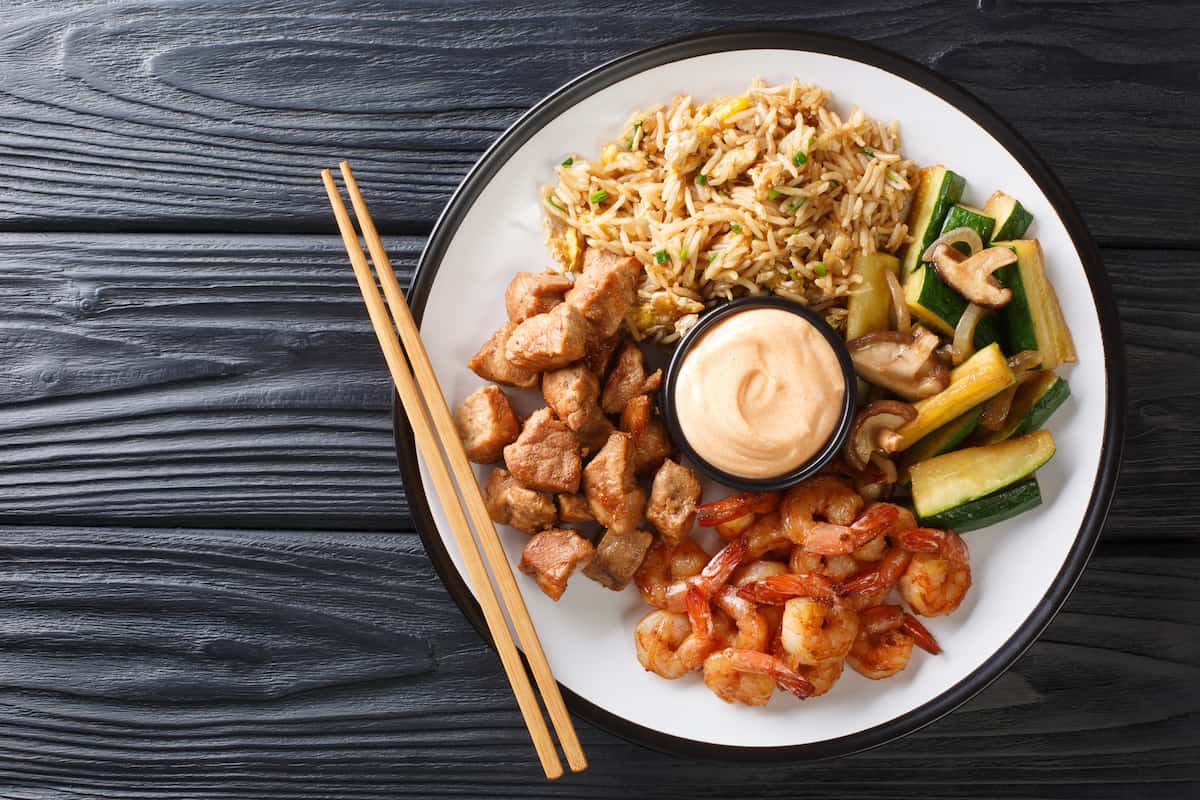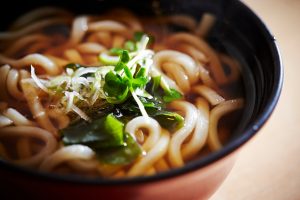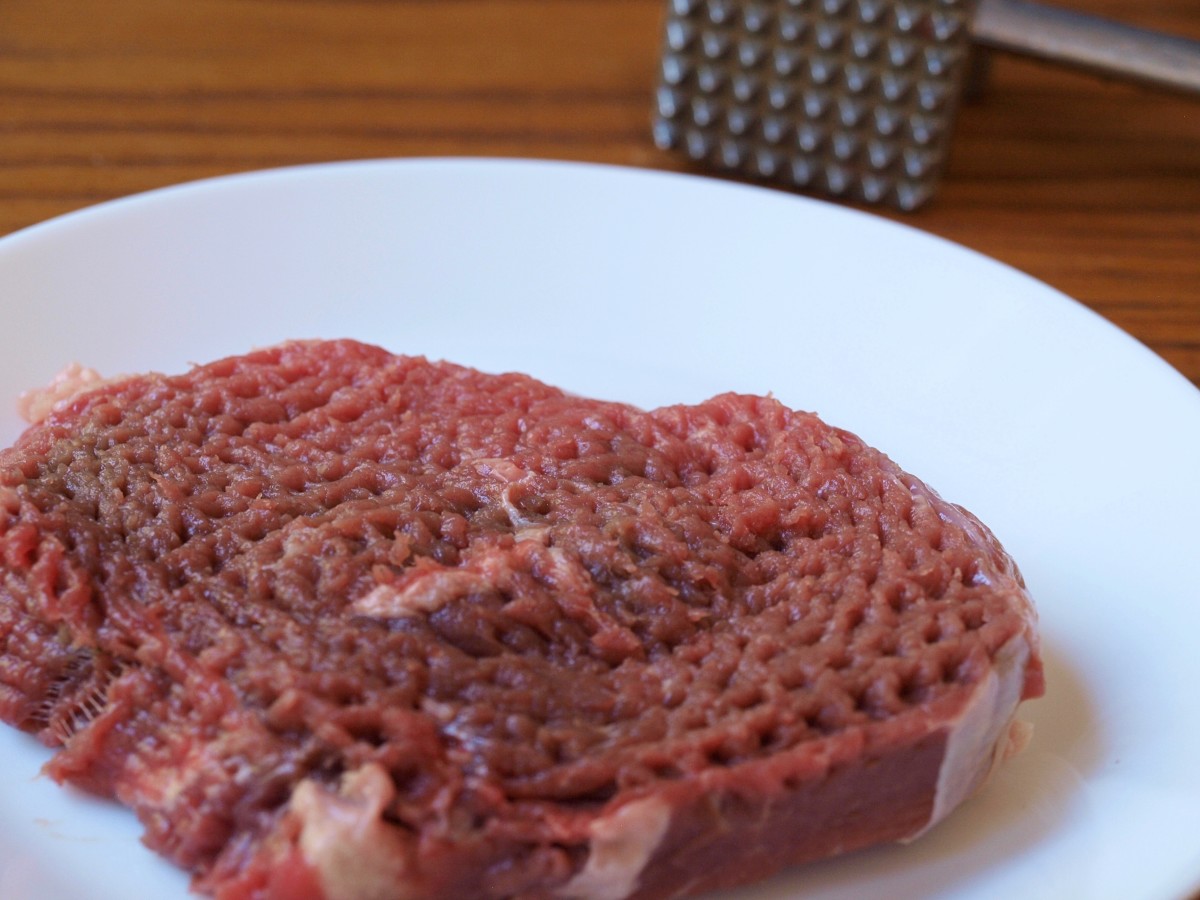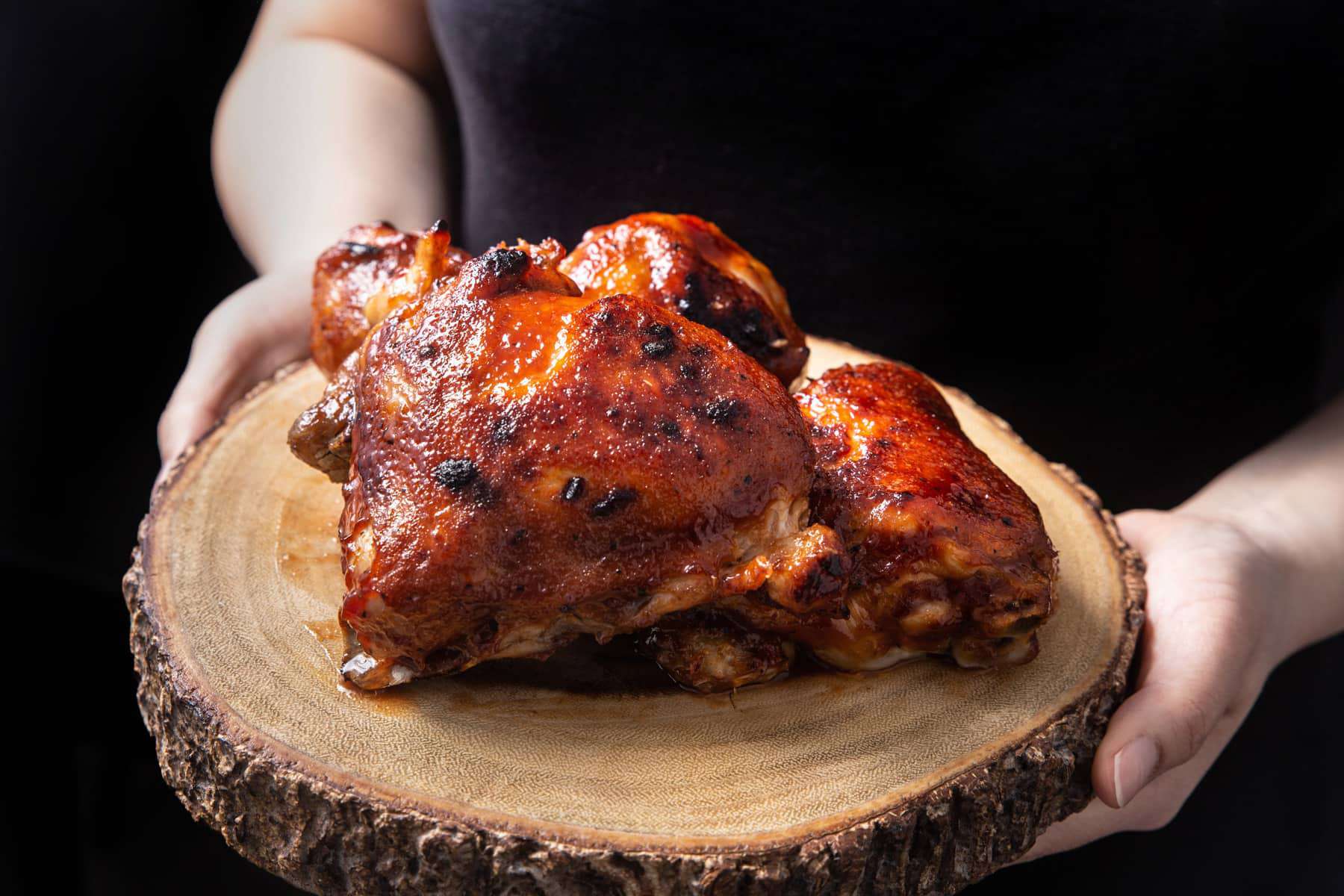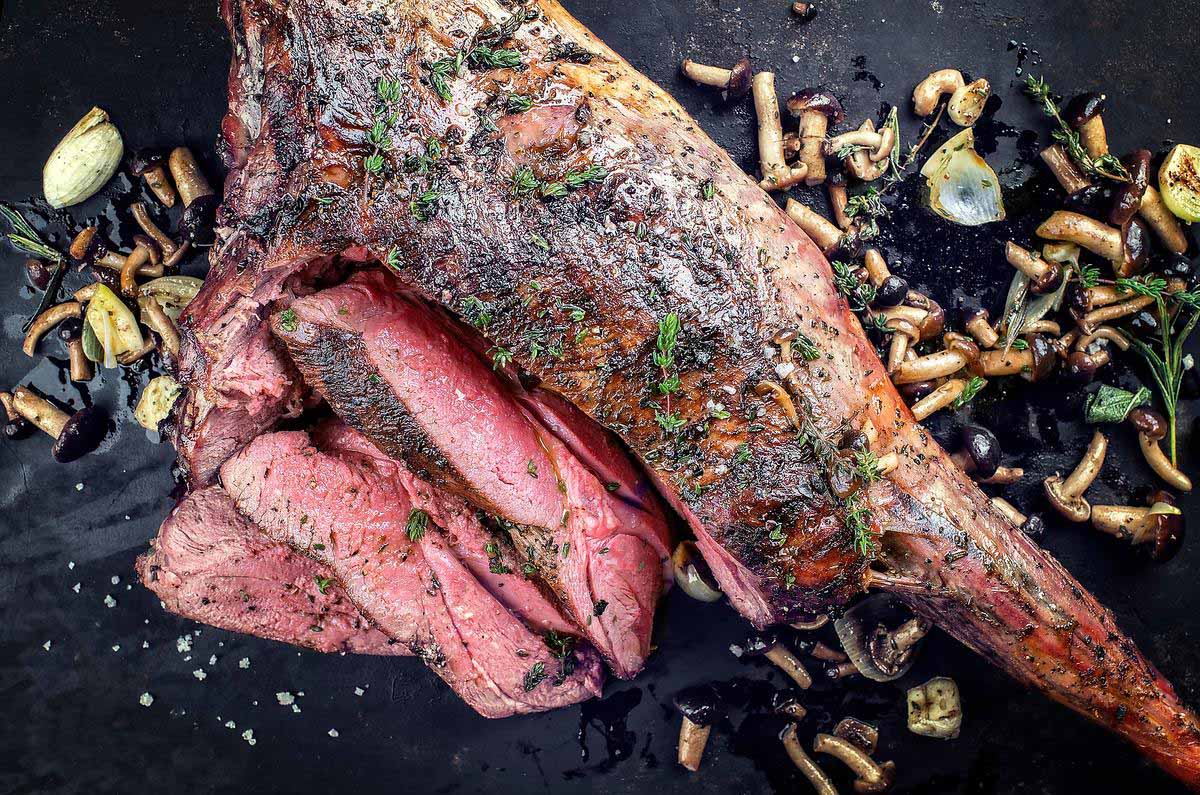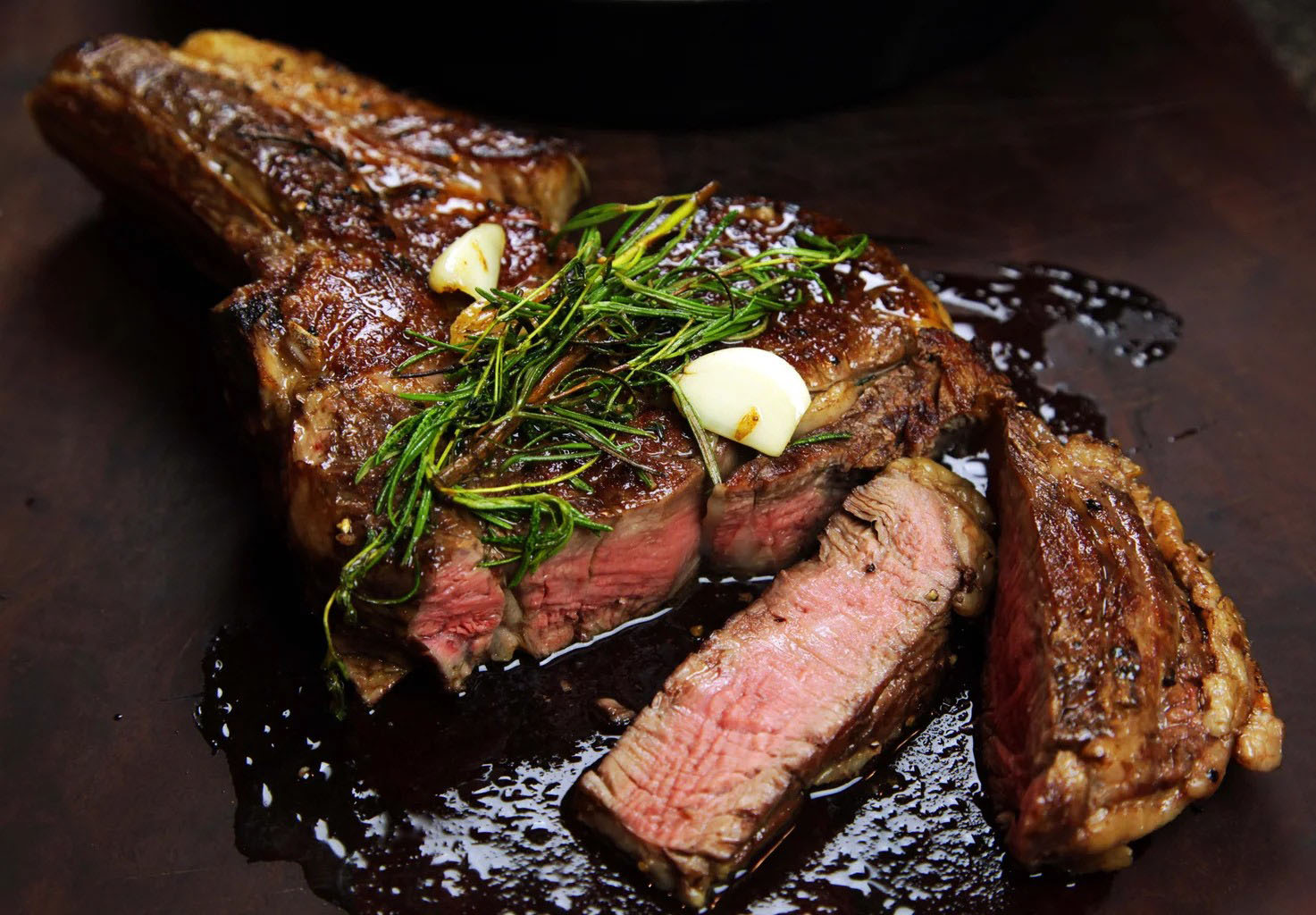When it comes to Japanese cuisine, marinating chicken is an essential step in preparing flavorful and tender dishes. The art of marinating chicken for Japanese food involves using a combination of traditional Japanese ingredients and techniques to infuse the meat with savory, umami-rich flavors. In this guide, we'll explore the steps to marinate chicken for Japanese recipes, along with some popular marinade ingredients and tips for achieving delicious results.
Choosing the Right Cut of Chicken
Before diving into the marinating process, it's important to select the right cut of chicken for your Japanese dish. While boneless, skinless chicken thighs are commonly used in Japanese cooking due to their juicy and flavorful nature, you can also opt for chicken breasts or drumsticks based on your preference. Ensure that the chicken is fresh and free from any excess fat or skin.
Traditional Japanese Marinade Ingredients
Japanese marinades often feature a harmonious blend of sweet, salty, and savory flavors. Some key ingredients commonly used in Japanese chicken marinades include:
- Soy Sauce: A staple in Japanese cooking, soy sauce lends a rich, salty flavor to the marinade.
- Mirin: This sweet rice wine adds a subtle sweetness and depth to the marinade.
- Sake: Sake, a Japanese rice wine, contributes a unique depth of flavor to the marinade.
- Ginger: Fresh ginger, grated or finely minced, imparts a refreshing and aromatic note to the marinade.
- Garlic: Minced garlic adds a savory and pungent flavor to the marinade.
- Sesame Oil: A small amount of sesame oil can provide a nutty and aromatic element to the marinade.
Steps to Marinate Chicken for Japanese Food
Now, let's walk through the process of marinating chicken for Japanese cuisine:
-
Prepare the Marinade: In a bowl, combine soy sauce, mirin, sake, grated ginger, minced garlic, and a splash of sesame oil. Adjust the quantities to suit your taste preferences, keeping in mind the balance of sweet, salty, and savory flavors.
-
Marinate the Chicken: Place the chicken pieces in a shallow dish or resealable plastic bag. Pour the marinade over the chicken, ensuring that each piece is well coated. Seal the dish or bag and refrigerate for at least 30 minutes, allowing the flavors to permeate the meat. For a more intense flavor, marinate the chicken for several hours or overnight.
-
Rotate the Chicken: If marinating for an extended period, it's a good idea to rotate the chicken pieces occasionally to ensure even distribution of the marinade.
Tips for Marinating Chicken
To achieve the best results when marinating chicken for Japanese dishes, consider the following tips:
-
Balancing Flavors: Taste the marinade before adding it to the chicken, adjusting the proportions of soy sauce, mirin, and other ingredients to achieve a harmonious balance of flavors.
-
Puncturing the Meat: For thicker cuts of chicken, lightly score the meat with a knife to allow the marinade to penetrate more effectively.
-
Refrigeration: Always marinate the chicken in the refrigerator to prevent the growth of harmful bacteria. Allow the chicken to come to room temperature before cooking for even cooking.
-
Reserve Marinade for Basting: If desired, reserve a portion of the marinade before adding it to the chicken. This can be used for basting the chicken during cooking, adding an extra layer of flavor.
Popular Japanese Chicken Dishes
Once you've mastered the art of marinating chicken for Japanese cuisine, you can use the flavorful meat in a variety of delicious dishes. Some popular Japanese chicken recipes that benefit from marination include:
- Teriyaki Chicken: A classic dish featuring grilled or pan-seared chicken glazed with a sweet and savory teriyaki sauce.
- Yakitori: Skewered and grilled chicken pieces, often seasoned with a soy-based marinade and served with a side of tare sauce.
- Karaage: Japanese-style fried chicken marinated in a seasoned mixture of soy sauce, ginger, and garlic before being coated in a light, crispy batter.
Conclusion
Marinating chicken for Japanese food is a delightful way to infuse the meat with a medley of flavors that are characteristic of Japanese cuisine. By using traditional ingredients and following proper marinating techniques, you can elevate the taste and texture of your chicken dishes, creating memorable meals that capture the essence of Japanese culinary artistry. Whether you're preparing teriyaki chicken, yakitori, or karaage, the process of marinating chicken for Japanese food is sure to enhance your culinary repertoire and delight your taste buds.

